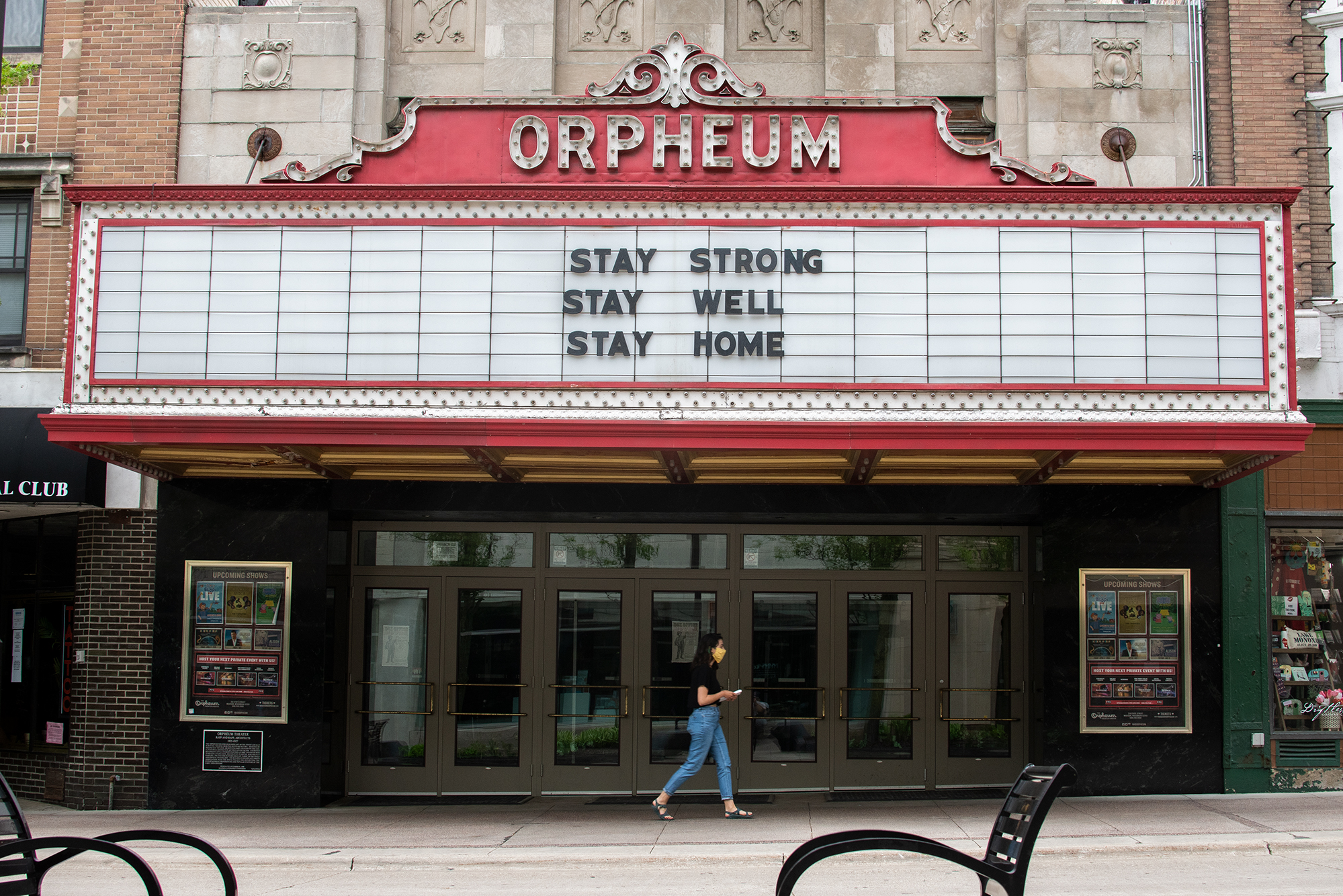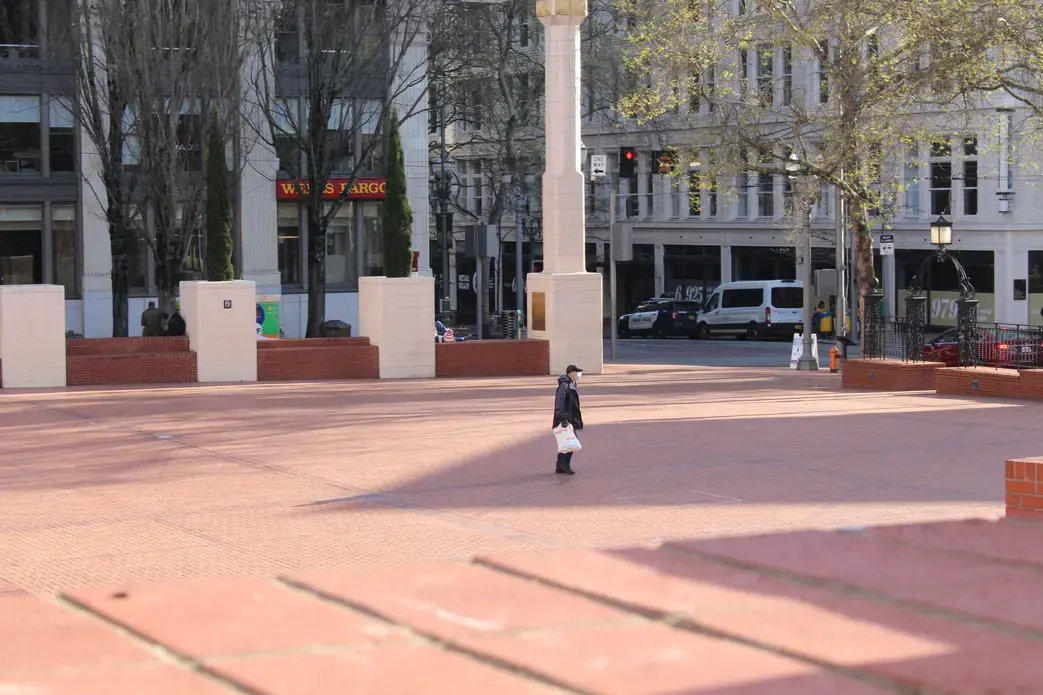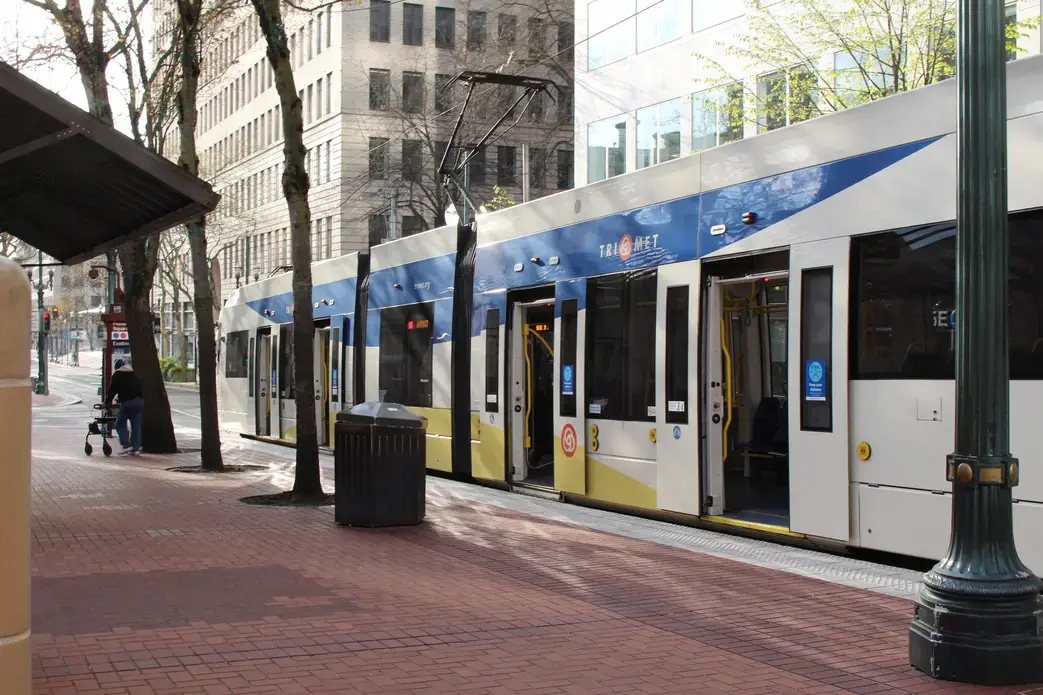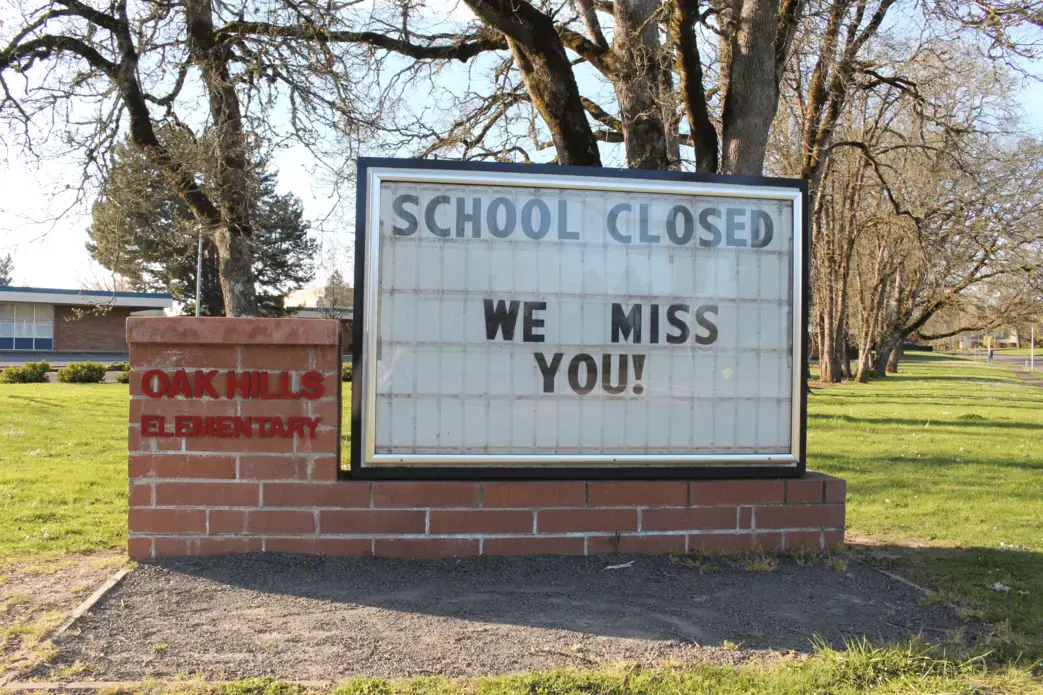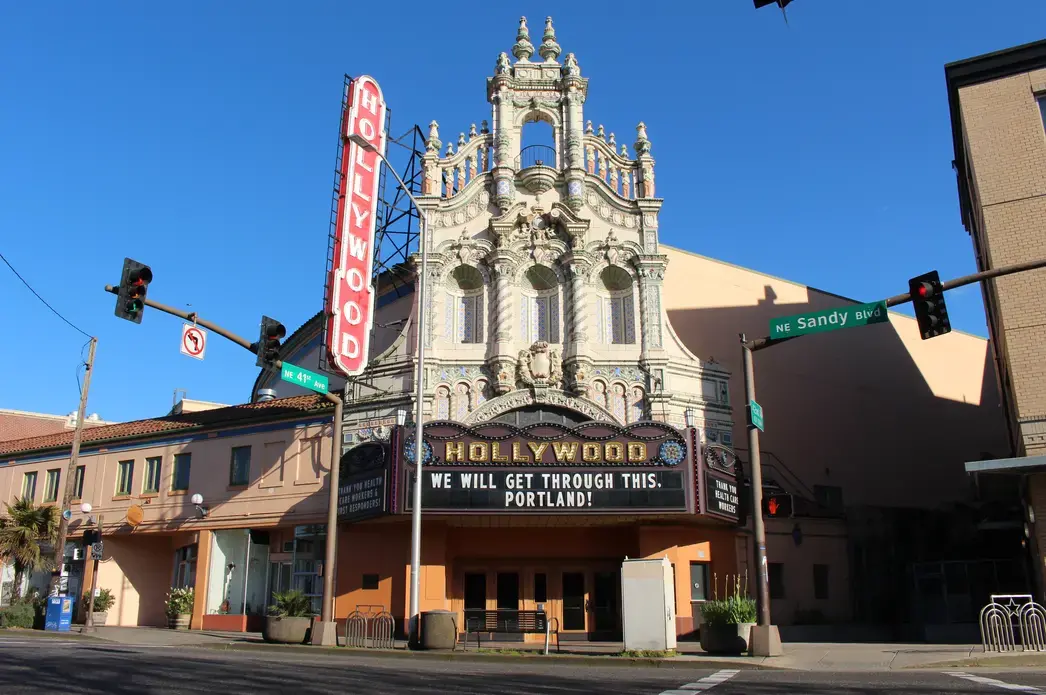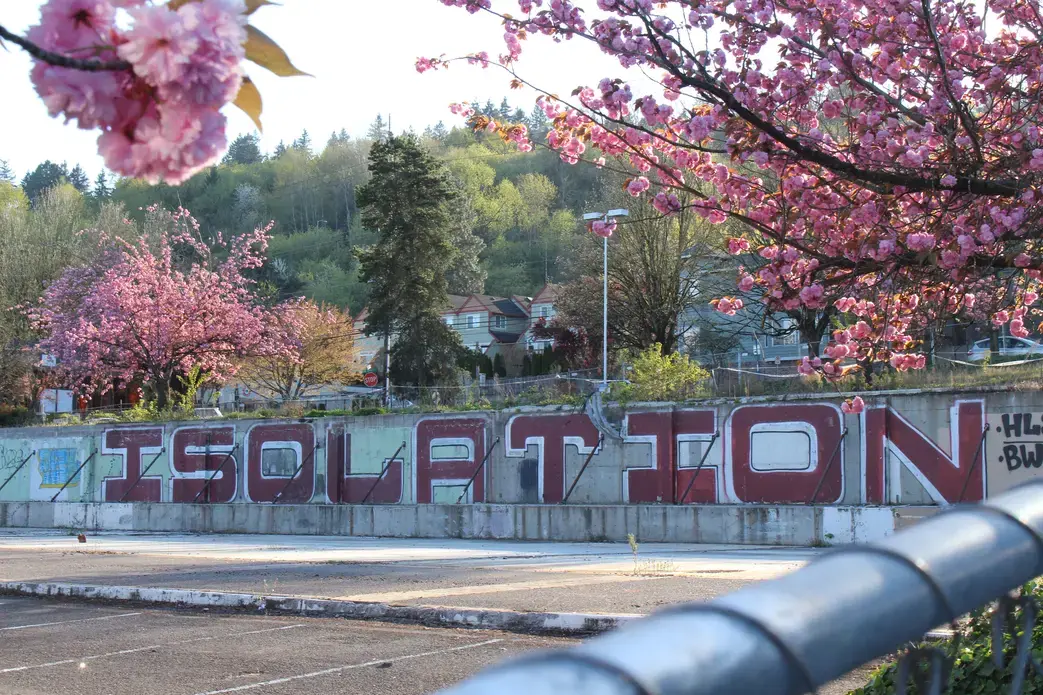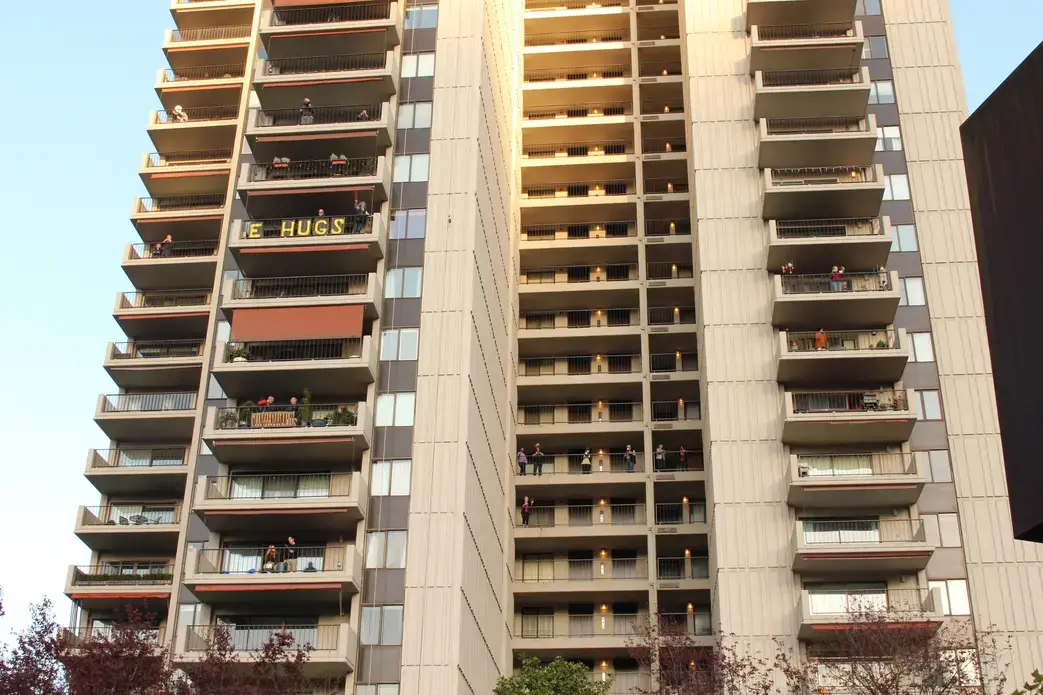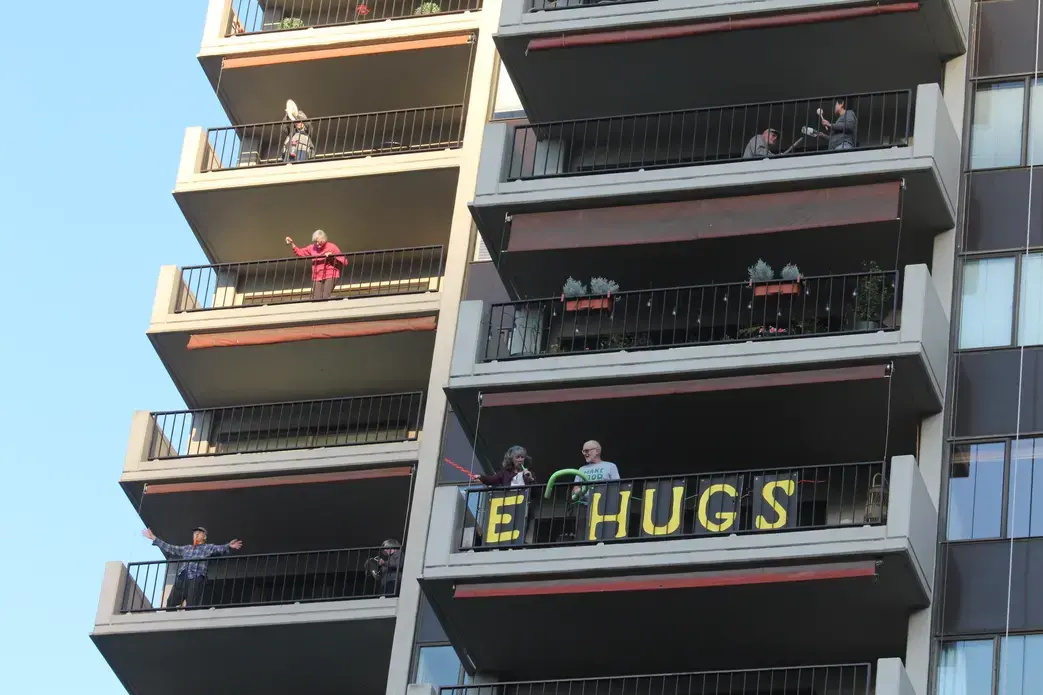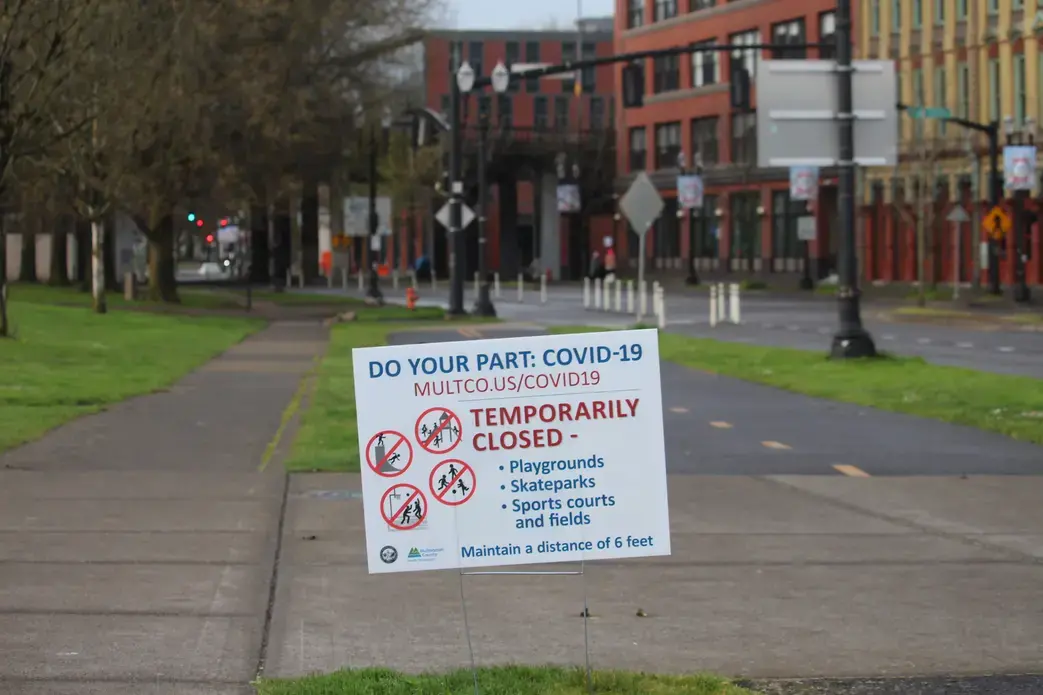I get in the car and turn on the radio. The latest pop song is blasting. I pull out onto the empty street, heading to the grocery store. A few minutes later, the host comes on the air, "Here's your latest Coronavirus update!"
It's been about a month since the Governor of Oregon Kate Brown issued a widespread "stay home, save lives" order in response to the COVID-19 pandemic.
I think about the changes in my life. It reminds me of the Eagle Creek fire in the fall of 2017. The Eagle Creek area in the Columbia River Gorge is one of the most beautiful and scenic parts of Oregon. It's only 50 miles away from Portland and often called Portland's playground.
The Eagle Creek fire burned about 50,000 acres of forest. There was so much smoke that the air in town was golden with ash and thick with smoke. Oregonians limited their time outside, cancelled events, and wore masks.
All the while, brave firefighters worked diligently to put out the fire. One of the ways to stop the spread of forest fires is to construct "firelines." Handcrews do this by digging up and clearing flammable materials, like plants and branches, near the fire to create clear paths around the flames. This removes the fuel that fires need to spread.
It's not hard to see a similarity between a forest fire and a virus. COVID-19 is ripping throughout the world (not just my small part of it), causing damage, unhealthy environments, and destruction in its wake. One of the most effective ways to stop the spread is social distancing as we are limiting the fuel the virus needs to spread.
For the past few weeks, I've only gone outside when necessary. My days blur together. I am confined in my small apartment, staring at my computer screen feet from my kitchen and bedroom. I am one of the lucky who can work remotely. With no clear end date on the pandemic, I have grown accustomed to an uneasy feeling in the pit of my stomach every day. I seek out "feel good" stories to counter the bad news.
I read an article in The Washington Post about Lucille Ellson. Ellson has lived through the 1918 flu, the Great Depression, and World War II. A piece of advice she shared stands out to me: "To cope with this virus, and all that's going on, I would tell people to not get stressed about planning far ahead. You can't do it. A long time ago, I started making a list every morning of what I had to do. It was the only thing I could control, and I stuck to it, you hear me?"
So I try to focus on the good: my health, my family and friends, my job. I try to focus on the small things: a sunny April in the Pacific Northwest, how my apartment has a balcony where I can get fresh air, and cheering with my neighbors at 7 pm each night as a "thank you" to workers out on the front lines. I focus on how lucky I am for the technology that allows me to connect with my loved ones and to work from home. And I focus on how fortunate I am to feel healthy and to have all of my loved ones, at least as of today, safe and healthy.
Back in 2017, the Eagle Creek fire burned for three months before it was declared completely contained. It's been over two years since the fire, and not all of the trails along the Gorge where the fire raged have been restored and reopened. The earth was left dark and dangerous, and parts of the forest will never be the same in my lifetime. But with the destruction it caused, the fire also changed and improved the biodiversity and sustainability of the area.
Today, the future of COVID-19 is uncertain. When will the virus be contained? When and how will life go back to normal? Will the world ever be the same? What kind of world will emerge from the ashes of this pandemic?
I don't know. No one can truly know. It's overwhelming to consider the answers to these questions for too long. But I am hopeful that we will all come out stronger from this and that we all try to take this time to treasure what we do have.


